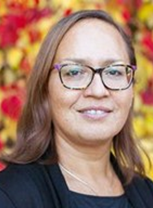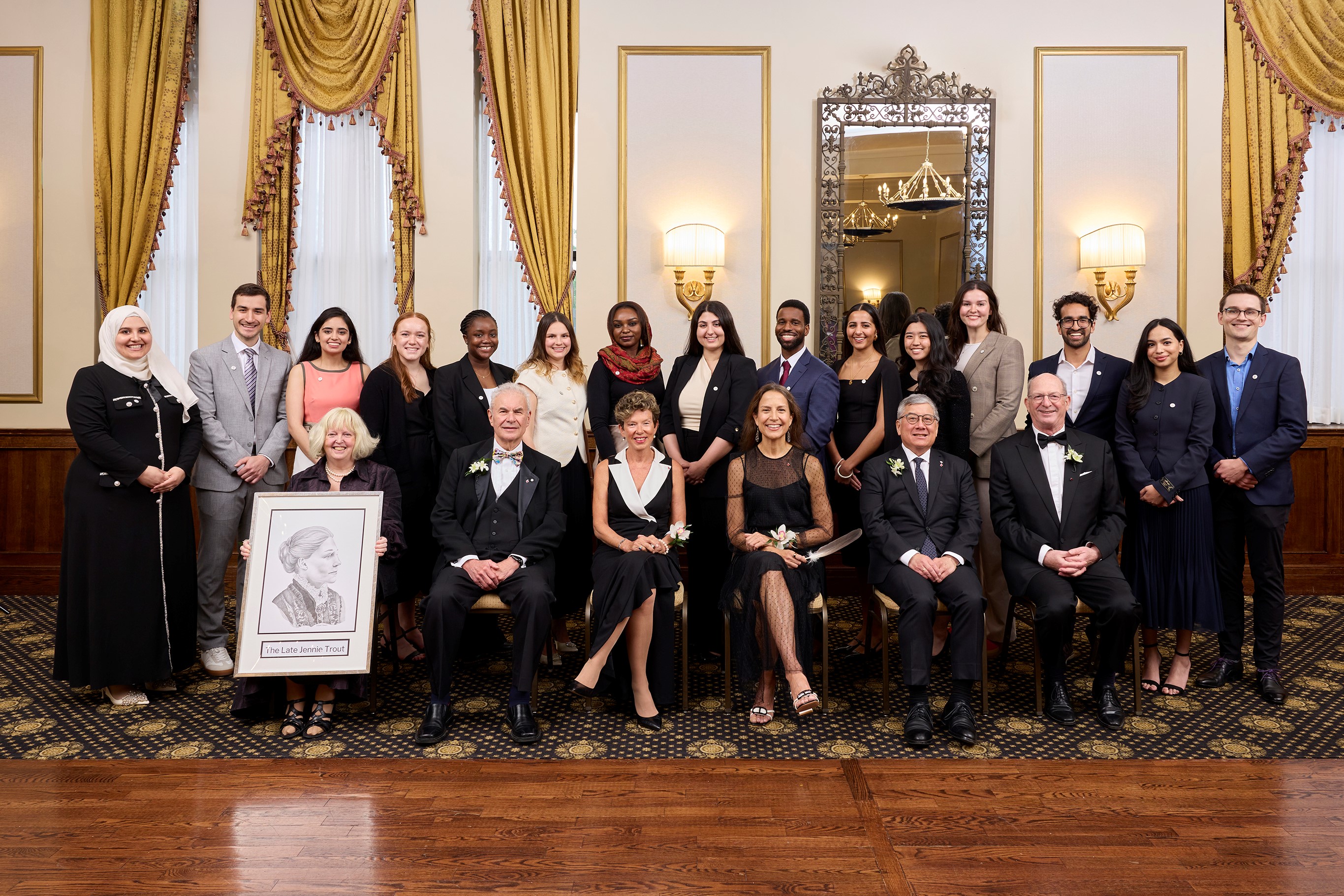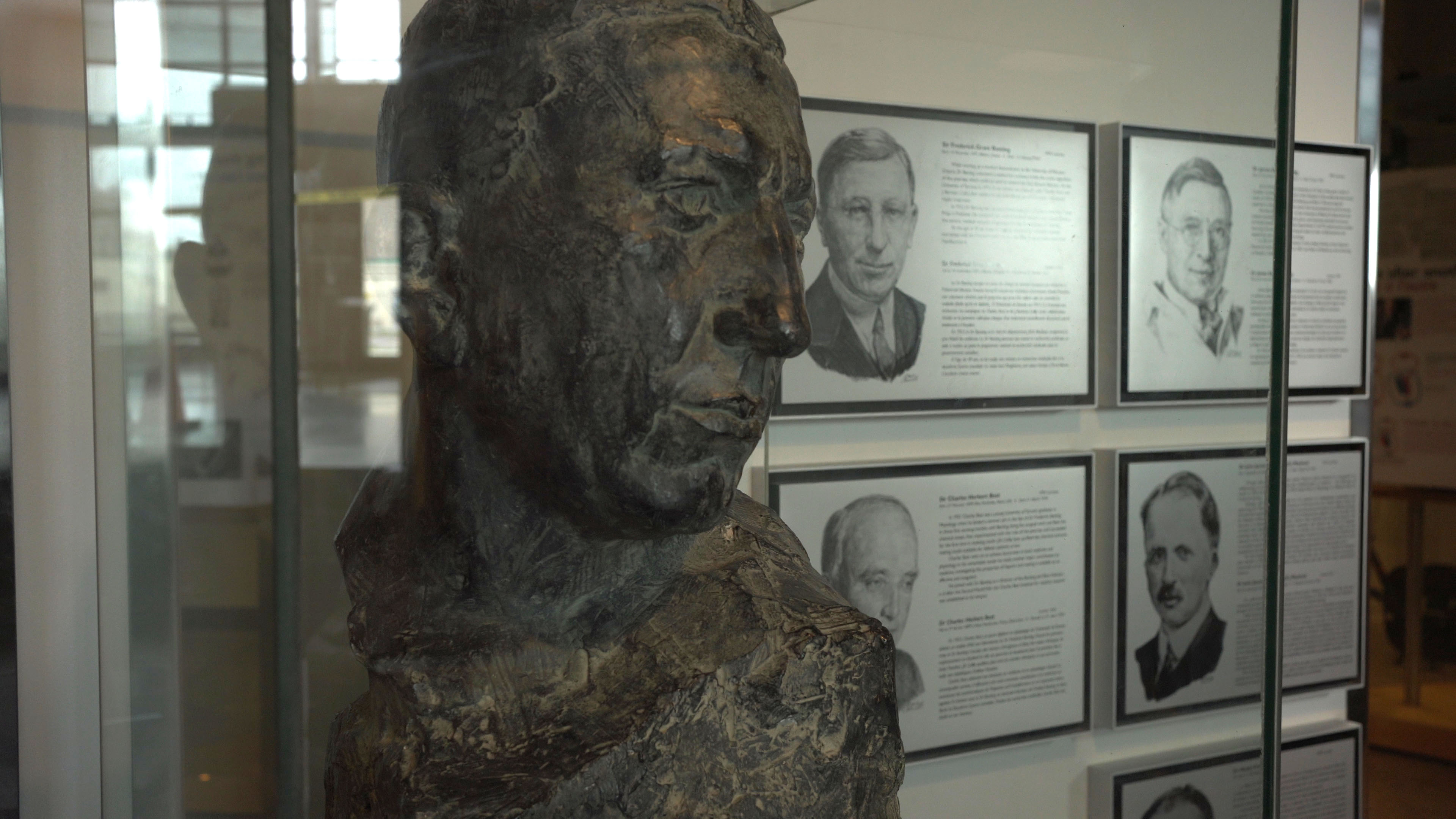
Dr. Cornelia (Nel) Wieman works for the First Nations Health Authority (FNHA) in British Columbia in the Office of the Chief Medical Officer as the Acting Deputy Chief Medical Officer. She is Anishinaabe (Little Grand Rapids First Nation, Manitoba) and lives, works and plays on the unceded territory of the Coast Salish peoples – səl̓ílwətaʔɬ (Tsleil-Waututh), Sḵwx̱wú7mesh (Squamish), and xʷməθkʷəy̓əm (Musqueam) Nations.
Dr. Wieman has served as the President of the Indigenous Physicians Association of Canada (IPAC) since 2016. She is currently an Adjunct Professor in the Faculty of Health Sciences at Simon Fraser University and an Assistant Clinical Professor at McMaster University.
Dr. Wieman is Canada’s first female Indigenous psychiatrist. She completed her medical degree and psychiatry specialty training at McMaster University in Hamilton, Ontario. She also holds an Honours Bachelor of Science degree (Kinesiology) and a Master of Science degree (Biomechanics).
She provided psychiatric services at a community mental health clinic based on the Six Nations of the Grand River Territory for 8 years. She was a member of the National Advisory Group on Suicide Prevention that developed a framework and recommendations addressing First Nations youth suicide. She was the Co-Director of the Indigenous Health Research Development Program and an Assistant Professor in the Dalla Lana School of Public Health, Faculty of Medicine at the University of Toronto for 7 years. She has been a co-investigator on several research initiatives funded through the Canadian Institutes of Health Research (CIHR) – Institute of Indigenous Peoples Health including the National Network of Indigenous Mental Health Research. In 2007, she was appointed to CIHR’s Governing Council. She was the Deputy Chair of Health Canada’s Research Ethics Board. She has served as a Director on many boards, including the Indspire Foundation and Pacific Blue Cross. She sits on the Executive Committee of the National Consortium on Indigenous Medical Education.
For 5 years, Dr. Wieman was a staff psychiatrist at the Centre for Addictions and Mental Health (CAMH) working in various settings including the Indigenous Services Program, Telepsychiatry Service and Crisis Clinic. She was the Founding Director and then Faculty Advisor to the Indigenous Students Health Sciences Office in the Faculty of Health Sciences at McMaster University.
After 20 years of clinical practice as a psychiatrist in rural/on-reserve and urban settings in Ontario, Dr. Wieman moved to BC to take on a leadership role in public health at FNHA. She has focused on the public health response to BC’s concurrent public health emergencies: the COVID-19 pandemic and the toxic drug poisoning (opioid) crisis. She also works on anti-Indigenous racism – being appointed to the Provincial Task Team to respond to the “In Plain Sight” report as well as Co-Chairing the Cultural Safety and Humility (CSH) Technical Committee that is developing a provincial CSH accreditation standard. She has made frequent media appearances locally, regionally and nationally on Indigenous health, aspects of the COVID-19 pandemic response and anti-Indigenous racism. She has given hundreds of presentations across Canada and internationally, most recently 2 symposia at the World Congress of Psychiatry.
She is an Indspire Achievement Award Laureate (1998), recognized for career achievement in the category of medicine. She was the inaugural recipient of the University of Waterloo’s Faculty of Applied Health Sciences Alumni Achievement Award. In 2013, she received the Queen Elizabeth II Diamond Jubilee Medal.
Dr. Wieman is a nationally-recognized expert in Indigenous health issues and all of her clinical, academic, research and advocacy work has always been focused on improving the health and mental health status of Indigenous peoples across Canada.
About the CMHF
The Canadian Medical Hall of Fame (CMHF) celebrates Canadian heroes whose work advances health in Canada and the world, fostering future generations of health professionals through the delivery of local and national youth education programs and awards.
This enduring tribute to our country’s rich medical history is showcased here and in our physical exhibit hall in London, ON


